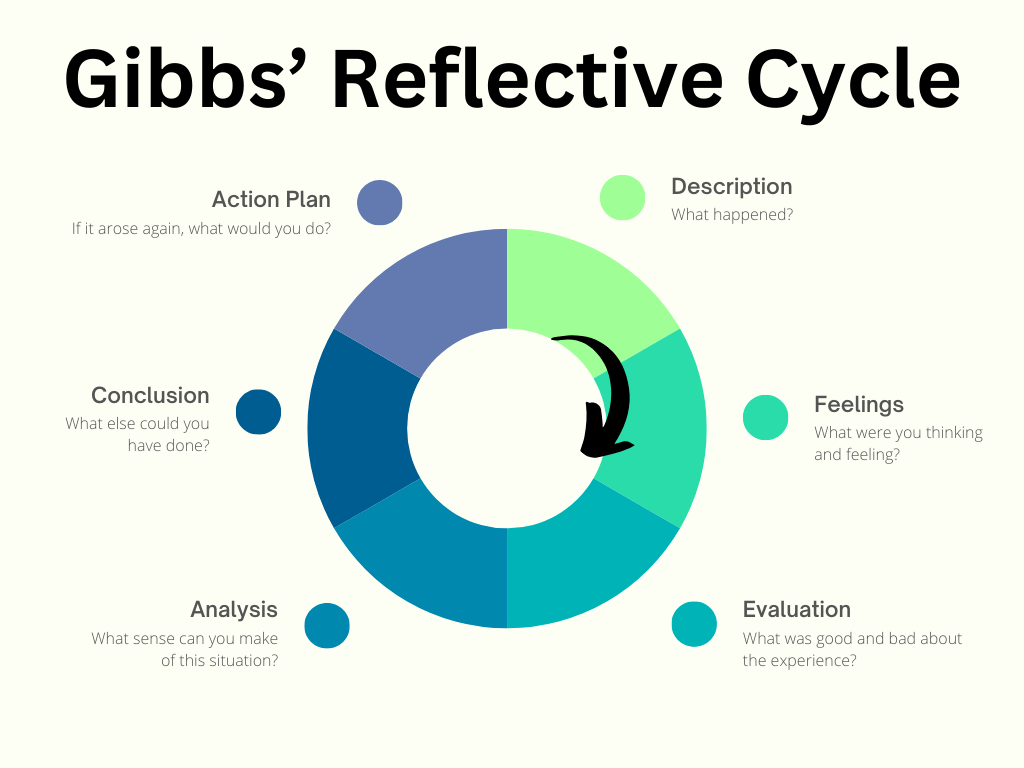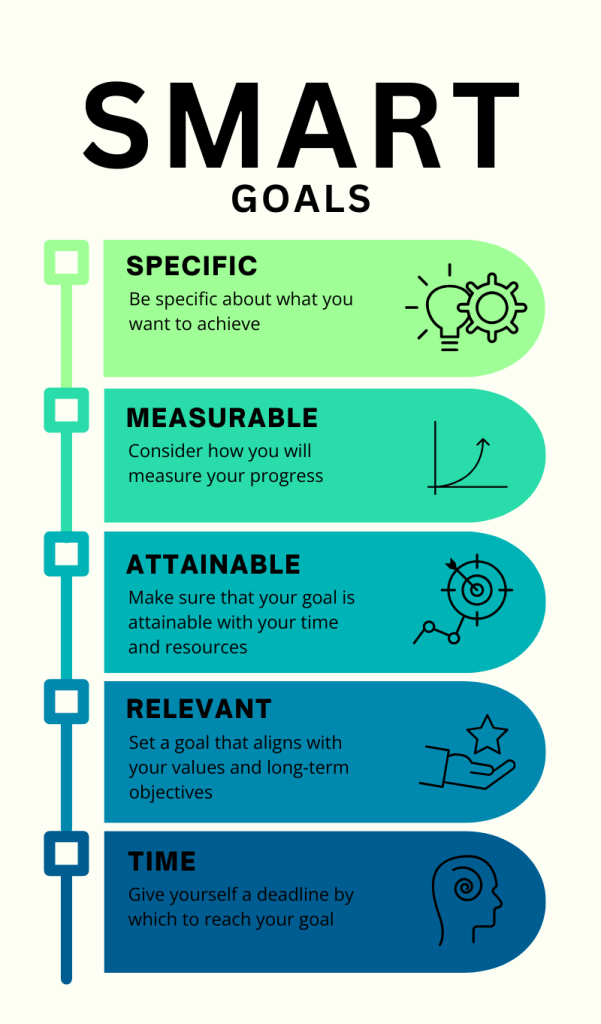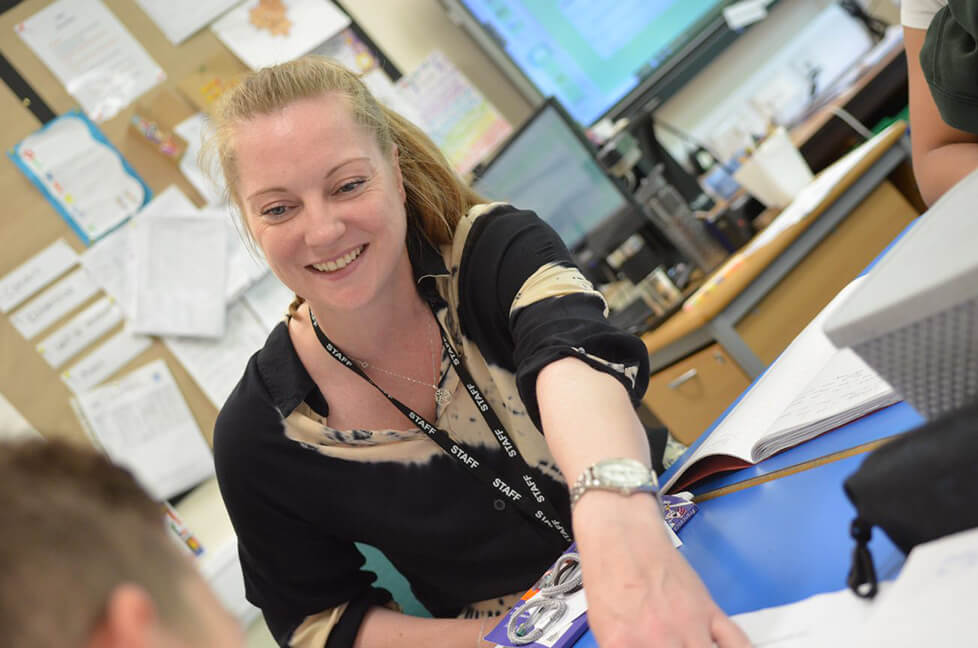Every new year is a chance for a fresh start. It’s the perfect time to embrace change and set goals for the year ahead. But of course, taking on challenges is never easy and sometimes life can get in the way. Luckily, one of the advantages of working in education is that we get the opportunity to “start again” twice in one year!
However, making New Year’s resolutions isn’t easy – indeed, it’s estimated that around 80% of people will have given up on their goals by February. Often, this is because we set ourselves up for failure by holding ourselves to high standards that we either struggle to maintain or are simply not ready to achieve. This not only limits our chances for success, but also knocks our confidence, self-esteem, and overall wellbeing.
That’s why it’s important to take stock of our accomplishments and challenges from the previous year. Through critical reflection and self-monitoring, we can gain a true understanding of where we currently stand and effectively map out our professional development journey in the year ahead.
Reflective Practice
Reflective practice is much more than a single event or a skill – it’s a process of looking back on our teaching practices, considering what went well and what didn’t, and learning lessons from the experience. This allows practitioners to engage in a continuous cycle of self-improvement, building upon our knowledge, skills and abilities, whilst enhancing the learning experience for pupils.
There are many frameworks to support critical reflection, so it is important to find the approach that suits you best. One of the most popular frameworks is the Gibbs’ Reflective Cycle (1988), a six-stage model that guides professionals through the process of self-evaluation.

As educators, our actions are often shaped by assumptions that we are not fully conscious of in the present moment – whether it’s preconceptions about our own capabilities (“I need to improve my data”), or notions about pupils (“this is a difficult class”), or indeed the school itself (“this won’t fit into the curriculum”). These ideas can be self-limiting and often lead to disillusionment. However, reflective practice encourages us to think critically about our existing knowledge, beliefs and values, ensuring we remain open to new possibilities and perspectives. Through this process, we can constantly adapt our teaching practice in response to the dynamic classroom environment, as well as broader developments in education policy and research.
SMART Targets
After engaging in reflective practice, you should have a better understanding of where your current strengths lie, as well as the areas you’d like to improve. Now, it’s time to create an action plan that sets out the next steps of your professional development journey, ensuring your aspirations become a reality.
Whether it’s taking on leadership responsibilities or improving your expertise in a particular subject area, using the SMART criteria can help you break down these goals into a set of clear and achievable tasks.

Remember, professional development goals don’t always have to feel like large-scale ambitions and grand gestures. What matters most is what you believe will help to enhance your practice and ultimately create a better learning experience for pupils. This might include tasks that seem relatively trivial, but nevertheless make a world of difference to your class – such as improving time management and organisation skills, or focusing on building better relationships with individual pupils. Each small victory paves the way to greater success!
Education is an industry that is always in flux, as new trends emerge throughout the sector and society at large. Perhaps part of the reason why professional development can seem so overwhelming is because it is a journey that never truly ends, as we encounter new challenges with every passing school year.
But critical reflection can help us to rediscover our sense of resilience and agency, as we reposition obstacles into opportunities for growth and flourishing. In this way, educators can remain fluid and responsive to change, evolving their practices in line with the latest pedagogical research, tools and strategies to deliver the highest-quality education to their pupils.
As we embark on another year, we hope this blog will support you to make New Year’s resolutions that are relevant, aspirational, and within your reach. Don’t forget to visit our Training Courses & Conferences page to explore the CPD routes we have available.
Here’s to another year of continuous learning in education.
Happy 2024!
Please complete the form below and we will get in contact as soon as we can to help you with your query.












